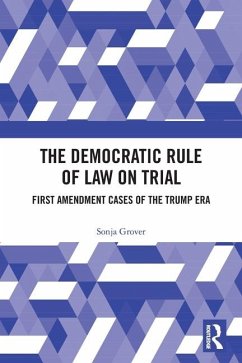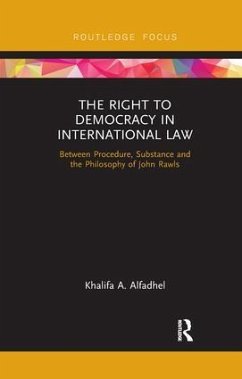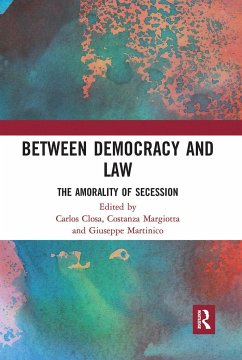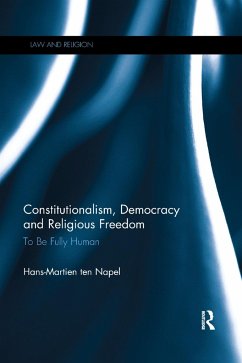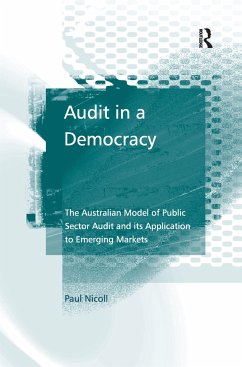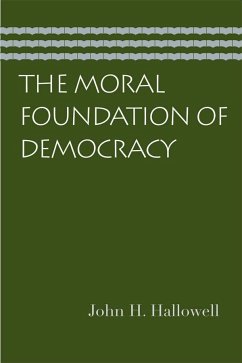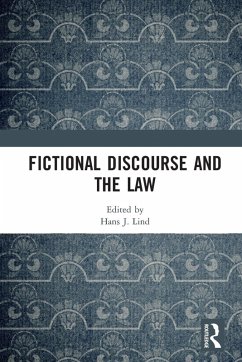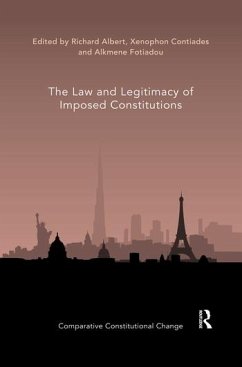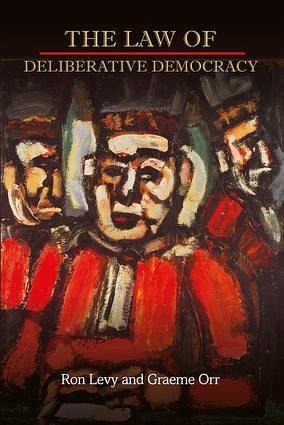
The Law of Deliberative Democracy
Versandkostenfrei!
Versandfertig in 1-2 Wochen
65,99 €
inkl. MwSt.
Weitere Ausgaben:

PAYBACK Punkte
33 °P sammeln!
Laws have colonised most of the corners of political practice, and now substantially determine the process and even the product of democracy. Yet analysis of these laws of politics has been hobbled by a limited set of theories about politics. Largely absent is the perspective of deliberative democracy - a rising theme in political studies that seeks a more rational, cooperative, informed, and truly democratic politics. Legal and political scholarship often view each other in reductive terms. This book breaks through such caricatures to provide the first full-length examination of whether and h...
Laws have colonised most of the corners of political practice, and now substantially determine the process and even the product of democracy. Yet analysis of these laws of politics has been hobbled by a limited set of theories about politics. Largely absent is the perspective of deliberative democracy - a rising theme in political studies that seeks a more rational, cooperative, informed, and truly democratic politics. Legal and political scholarship often view each other in reductive terms. This book breaks through such caricatures to provide the first full-length examination of whether and how the law of politics can match deliberative democratic ideals. Essential reading for those interested in either law or politics, the book presents a challenging critique of laws governing electoral politics in the English-speaking world. Judges often act as spoilers, vetoing or naively reshaping schemes meant to enhance deliberation. This pattern testifies to deliberation's weak penetration into legal consciousness. It is also a fault of deliberative democracy scholarship itself, which says little about how deliberation connects with the actual practice of law. Superficially, the law of politics and deliberative democracy appear starkly incompatible. Yet, after laying out this critique, The Law of Deliberative Democracy considers prospects for reform. The book contends that the conflict between law and public deliberation is not inevitable: it results from judicial and legislative choices. An extended, original analysis demonstrates how lawyers and deliberativists can engage with each other to bridge their two solitudes. ¿ ¿ ¿





